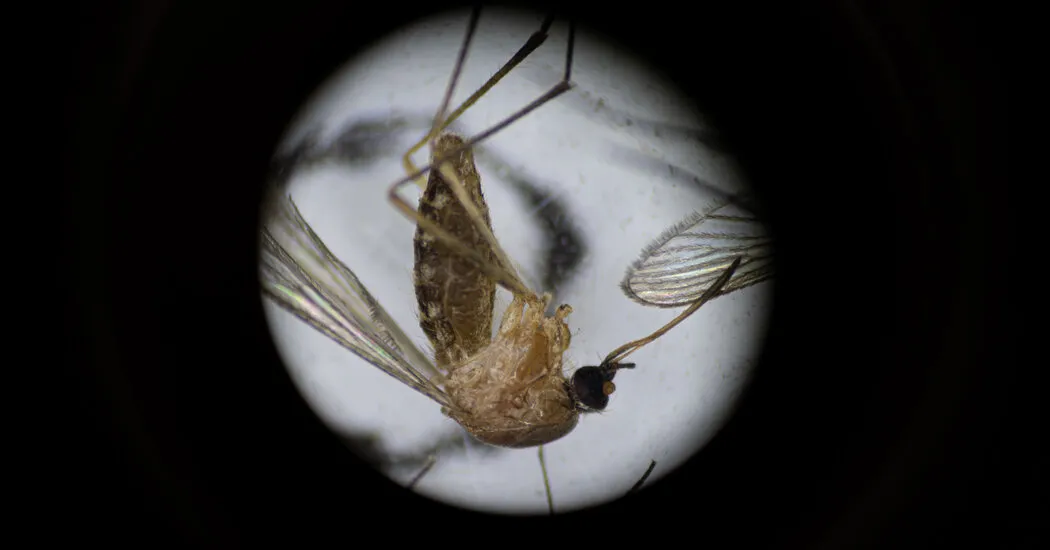The Impact of Climate Change on Mosquito-Borne Diseases Such as Encephalitis and Dengue Fever

The Surge in Mosquito-Borne Diseases
The rising global temperatures due to climate change have contributed significantly to increased rates of mosquito-borne diseases like dengue fever and encephalitis. Numerous studies indicate a correlation between global warming and the frequency of these diseases, suggesting that certain regions are becoming increasingly vulnerable during the summer months. In places like Laredo, TX and Nuevo Laredo, the potential for viral outbreaks has prompted public health officials to heighten awareness.
Understanding the Epidemic Threat
- Summer heat exacerbates conditions for mosquito breeding.
- Virus transmission rates escalate with rising temperatures.
- Climate conditions are reshaping the geographic spread of these diseases.
Given the current state of public health, heightened vigilance during epidemics is crucial for mitigating risks associated with these diseases.
This article was prepared using information from open sources in accordance with the principles of Ethical Policy. The editorial team is not responsible for absolute accuracy, as it relies on data from the sources referenced.